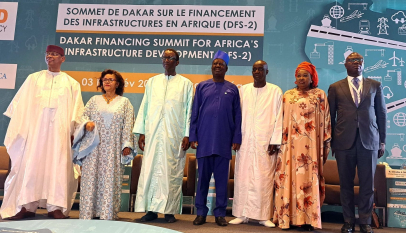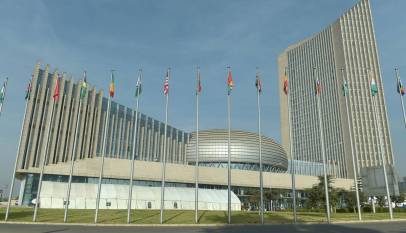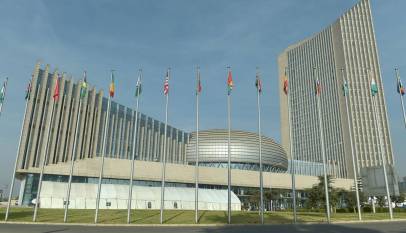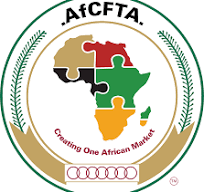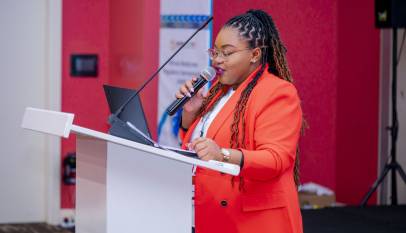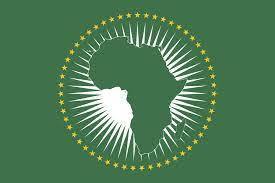11th General Assembly of the African Academy of Sciences kicks-off in Pretoria
The eleventh general assembly of the Nairobi, Kenya-based African Academy of Sciences (AAS) beganMonday in Pretoria, South Africa under the theme: “Our history, impact and thefuture” and was declared open by the South African Minister of Science andTechnology, Mmamoloko Kubayi-Ngubane who said the AAS had “a crucial role toplay in advancing African scientific enterprise”.

The plenary during the eleventhgeneral assembly of the African Academy of Sciences (AAS) beganMonday in Pretoria, South Africa under the theme: “Our history, impact and thefuture”
The African Academy of Sciences prides itself as a non-aligned, non-political,not-for-profit and Pan African organization; its vision is to see transformed lives on the African continent through science. The Academy is through its Science, Technology and Innovation (STI) strategies and policies implementing STI programmes that address Africa’s key developmental challenges.
“We believe that the African Academy of Sciences, as our continent’s premier membershipassociation bringing together Africa’s leading scientists, including ourbrightest emerging talent, has a crucial role to play in advancing the Africanscientific enterprise,” said Ms Kubayi-Ngubane while declaring the 2-daygeneral assembly open at the CSIR International Conference Centre in Pretoriaon Monday.
“Delivering scientific advice for policy-making to ensure our continent responds effectively to the Sustainable Development Goals by implementing pan-African research and innovation funding programmes are some of the critical roles the AAS should play – and ones in which we are determined to support the Academy. The General Assembly’s theme of “Our History, Impact and Future” is entirely appropriate for this year’s gathering,” she said.
Kubayi-Ngubane said “science knows no borders between countries or disciplines,” therefore it was critical for the Academy “to invest in partnerships – internationally but also within Africa, with civil society, industry and all stakeholders. The AAS should be a dynamic, accessible partner for African development – not a secluded ivory tower.”
“Partnerships are essential for coordinated, strategic planning for African research and development, and reducing the fragmentation of resources and duplication of efforts that has been detrimental to the development of science in Africa. Here I would like to laud the AAS and its platforms, including the Alliance for Accelerating Excellence in Science in Africa and the Coalition for African Research and Innovation, through which the AAS is bringing together funders to systematically collaborate – reducing the duplication of efforts – for the benefit of Africa,” she said.
Speaking earlier on, Prof Felix Dapare Dakora, President of The SAA said the Academy’s recentlaunch of the Alliance for Accelerating Excellence in Science in Africa (AESA) programmehad demonstrated that “sustained investment in African science holds thepotential for strong and long-term impact on the health and wellbeing of thepeople of Africa.”
“I am proud that The AAS has steadily grown its investment over three years to nearly $200million. This has enabled us to grow the number of programmes from three in2015 to the current close to 13 programmes. This became possible after thelaunch of the Alliance for Accelerating Excellence in Science in Africa (AESA)created by The AAS and the NEPAD Agency and endorsed by the African Union Headsof state. AESA is supported by key partners including Wellcome, DFID and Billand Melinda Gates Foundation,” said Prof Dakora.
The 11th General Assembly of The AAS, being hosted in collaboration with South Africa’sDepartment of Science and Technology, is holding December 10 -11 and will be immediatelytrailed by the 4th South Africa Science Forum (SFSA2018) under the theme:“Igniting conversations about science” scheduled for December 12-14. The Forum’s objective is to create a platform for a vibrant debate on the role ofscience, technology and innovation in society.


